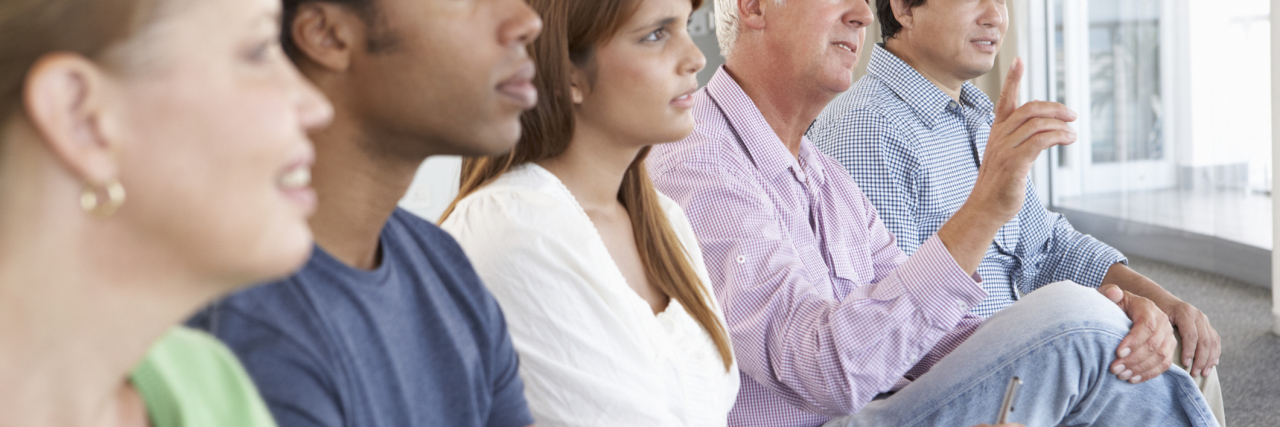Why It’s So Important to Offer Support Systems for Parkinson’s Disease Care Partners
“Family is not an important thing. It’s everything.” — Michael J. Fox
In January, 2018, I had the privilege of working with two amazing young women, Adrienne Keener MD and Ali Elder PT DPT, to plan the Los Angeles Forum for the Parkinson’s Foundation’s Women and PD TALK study. The end result was the creation of the first patient-centered action agenda to maximize quality of life for women with Parkinson’s disease (PD). We worked together again to present a follow up program, “Closing the Gender Gap,” at a local hospital. The event, sponsored by the Parkinson’s Foundation and [re+active] physical therapy, presented the research agenda for Women with Parkinson’s based on the findings of the study.
What is Parkinson’s Disease?
An interesting thing occurred. We had originally planned to present this only to women with Parkinson’s. However, a significant number of spouses and care partners came. So we decided that while the women were doing a reflective writing exercise, we would meet with the care partners. They were so happy to have a chance to talk about their issues that it became clear that having a support system for the care partners is just as important as having a support system for the women with PD. Before we could even ask a question,they immediately started talking, looking for answers and help.
It was an interesting group. Two young men were there with their mother and did not know where to turn for information or help. They were doing the best they could, but really did not understand what their mother needed. They came looking to learn more about Parkinson’s disease and how they could take better care of their mother. In contrast, there was a retired doctor who was very knowledgeable about Parkinson’s, but was at a loss about the dementia that seemed to be coming more and more of a problem for his wife. Different issues, same solution. They all needed to find out where they could get help so that they could be better care partners.
Many of the care partners were taking copious notes and it was clear that no one had asked them what they needed before. Our planned 10 minutes turned into 20, and the discussion could have continued for the rest of the afternoon. We were very happy to help them in whatever way we could.
We had been so intent on talking about what is different for Women with Parkinson’s at our program that we forgot the issues for their care partners are different, too. The only thing we said during our presentation is that the care partners need to make time to take care of themselves. We did not consider how watching their spouse or mother with PD slowly decline would have such a profound effect on them. Just as the women experienced the role reversal of going from being the nurturer of their parents, spouse or children, the people we spoke to were also going through a change of identity in their new role as care partner. Many of them were not ready for this.
There is some help on the horizon. When I spoke about the Facebook group for Women with Parkinson’s called Strongher Women, as a good resource for women with PD, founder Jen Parkinson noted she will be setting up a companion site for care partners in the near future.
And when I got home, catching up on my neglected emails, I saw an invitation from the PMD Alliance for an event for care partners, adult cildren and family or friends of those with PD and PSP in the Los Angeles area. How serendipitous! This was exactly what is needed. It just shows that once you identify a problem, the means for a solution will turn up soon.
The main message we stated over and over throughout the program, is that no one needs to be alone when fighting Parkinson’s disease. We are there to support each other. And that applies to the care partners, too.
Follow this journey on Twitchy Woman: My Adventures With Parkinson’s Disease.

